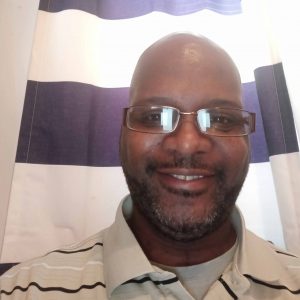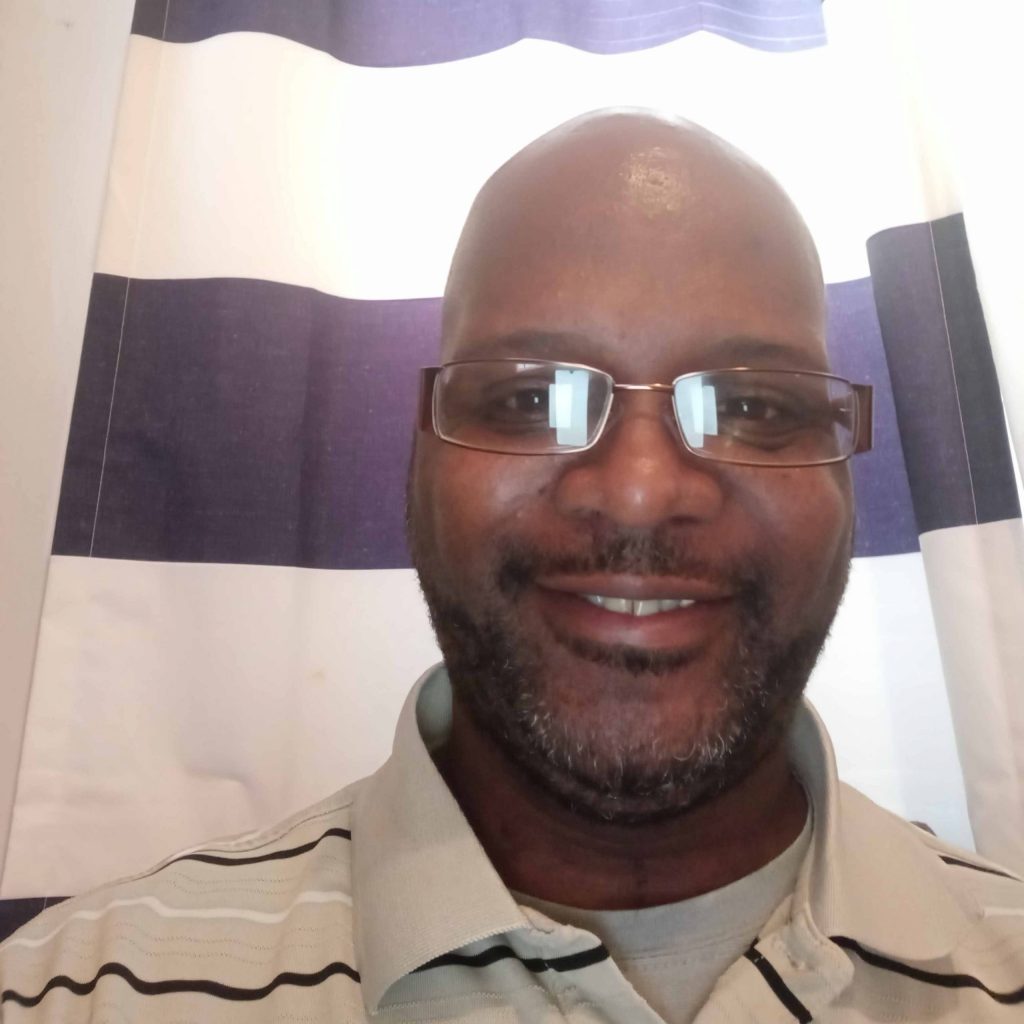
I was honored to be one of the guest speakers at the August 2021 WISE Coalition meeting on The Intersection of Race and Mental Health: Trauma in Education and Treatment. This blog is a response to the survey results asking us to continue the conversation. I have a strong desire to help move our conversation to action. It is our hope for this blog and the one that will follow, that we help eliminate the stigma of mental health and provide a safe space for individuals to comment, provide resources, and to engage in transparency about solutions to assist Black and Brown individuals to have a voice about our experiences and perspectives.
Mental health issues are prevalent in Black and Brown Americans, however, the historical dehumanization, oppression, trauma, and violence against Black and Brown people continue to fuel the ongoing mental health crisis. Black and Brown communities are more inclined to say that mental illness is associated with shame, embarrassment, and a sign of “weakness.” Furthermore, the lack of cultural competency among providers that leads to their clients not being affirmed or understood and are often misdiagnosed which reinforces Black and Brown Americans distrust in seeking services. Black and Brown Americans mental health matters and we must find effective outlets to tell our truths and experiences for systematic change. Policies can be changed, and new ones written that allow us the same opportunities to obtain equitable mental health services as our counterparts without the backlash of disparities because of our race.
This table dispels some of the stigma about mental health in Black and Brown communities.
| Black and Brown Community Myths | The Reality |
| Mental Health illness is a sign of “weakness” | Real Strength is facing challenges as they arise |
| People are seen as “Crazy” who have mental health issues | People with all diagnoses can learn how to take control of their mental health and live a satisfying life |
| Family Culture of “secrecy and privacy” about mental health issues is being “strong” | Being “Strong” is the ability find strategies to discuss your mental health openly and to obtain sincere help |
Life during this pandemic (COVID-19) already has a host of stressors from family crises, job-related issues, to health concerns. Now coupled with the added stressors of “the new normal,” many individuals lack the coping capacities and strategies to effectively deal with the overwhelming emotional burden these may cause. Some may be unsure if they should seek out a mental health professional, particularly Black and Brown individuals. Ask yourself if you have any disruptions in your activities of daily living (ADL’s) – sleeping, eating, enjoying once pleasurable activities, working, socializing, thought processes, etc. This is just a start, you can continue this self-evaluation by seeking input from safe outlets such as trusted family, friends, telehealth, and online sites. You can discuss your mental health or barriers you experience to seeking mental health services. Family and friends should also monitor the mental welfare of those around them. Bring attention to a loved one who is “out of sorts,” or behaving differently than usual.
Education surrounding mental illness and normalizing mental health problems may help individuals recognize that treatment for a mental health problem doesn’t have to be any more shameful than treatment for a physical health problem.
Breaking down the stigma involves a two-pronged approach, increasing the number of culturally competent providers and changing the narrative surrounding mental illness. Let’s keep the conversation going!
We want to hear from you! Send comments you want to share with us to Blog – WISE – Initiative for Stigma Elimination.
Here are some resources you could use to further your understanding: Culturally relevant apps and websites that people can turn to for advice, resources, and even online therapy for Black and Brown individuals to discuss our mental health.
Our next WISE online Coalition Meeting entitled, “Healing Generational Trauma: The Intersection of Race and Mental Health” will be on Thursday, November 18, 2021, from 9:30am-11:30am.
Online Resources
Blog – WISE – Initiative for Stigma Elimination
How to Find a Therapist Who Understands Your Culture
Black Emotional and Mental Health (BEAM)
Indigenous Story Studio
Therapy for Latinx
Asian Mental Health Collective
Books
Community Mental Health Engagement with Racially Diverse Populations


Dr. Ricardo Anderson is a Certified Recovery Support Specialist (CRSS), a co-facilitator of a recovery group for all types of addictions, serves on the Executive Board for WISE as well as the Leadership Board for Peer Professionals. He is an advocate to help eliminate the stigma of mental health among individuals, the community and people of color.